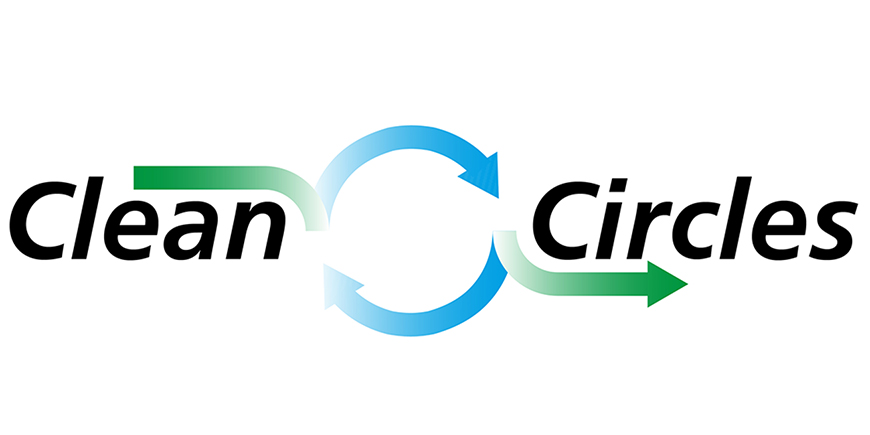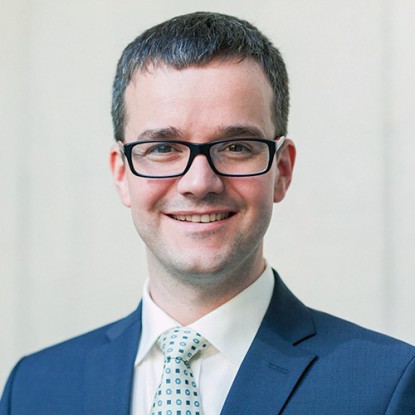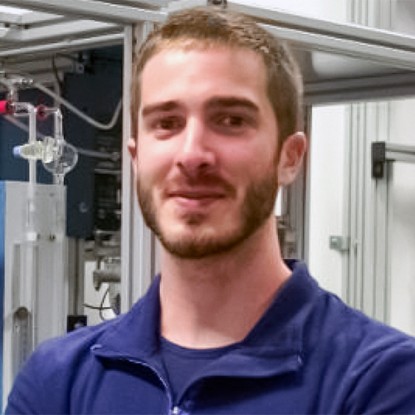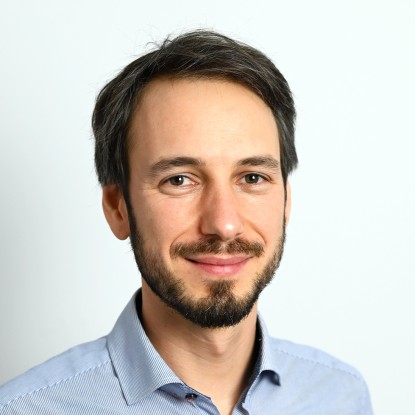The electrochemical reduction of iron oxides is currently attracting huge attention as it could offer a sustainable pathway for an iron energy storage cycle, green steel making and for energy storage within iron/air batteries. Common for all these applications is that iron oxide particles need to be dissolved in the electrolyte and the iron cations reduced later on to elemental iron at the electrode.
Currently, aqueous electrolytes are mainly employed. In acidic electrolytes the oxides can be dissolved, but higher electrochemical potentials result due to hydration and Faraday efficiencies are lower due to a possible Fe2+/Fe3+ redox shuttle. Furthermore, unwanted hydrogen evolution can lower the Faraday efficiencies. Ionic liquids (IL) and deep eutectic solvents (DES) are known to be suitable solvents for metal oxides. Furthermore, electrochemistry can be directly carried out within these solvents because of their ionic nature.
Scientific questions
- How is the chemical nature as also temperature and additive influence the solubility of iron oxide in ILs and DES?
- How is the chemical nature ILs and DES as also temperature and iron cation concentration influencing the overpotentials for iron reduction and the kinetics of the process?
- How do the dissolution and deposition in ILs and DES compare to aqueous electrolytes?
- How is the morphology of deposited iron developing over time and influencing the reduction process?
Two answer these questions, commercially available as well as self preparad ILs and DES will be employed. Dissolution tests will be carried out and electrochemistry, including screening, detailed three electrode studies and continuous flow experiments, will be performed. Chemical and materials characterization will support the studies.





